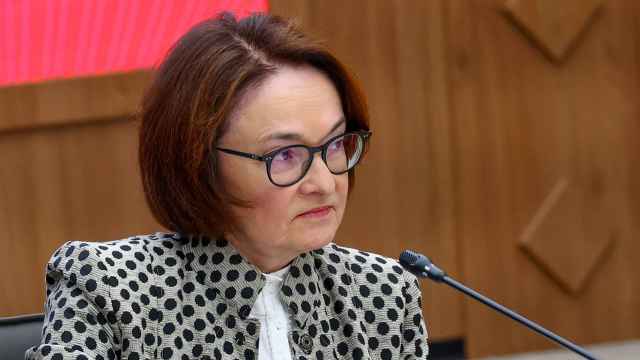Swiss food group Nestle said it had faith in the long-term potential of the Russian market and would try to use more local materials and ingredients to mitigate currency volatility.
International companies are grappling with a weak Russian economy and a plunge in the value of the ruble after the West imposed sanctions against Moscow over its role in the Ukraine crisis and prices of oil, Russia's main export, dropped sharply.
"We are doing everything we can to continue development despite the slowdown of the Russian economy. We are still confident in Russia's long-term prospects," Maurizio Patarnello, Nestle Russia CEO, said Tuesday.
Nestle, maker of Nescafe coffee and Pro Plan pet food, has nine manufacturing facilities in Russia. It invested 1.7 billion rubles ($29 million) in 2014 into a new factory producing baby food, out of total Russian investment of 4.6 billion rubles last year.
Patarnello said that some 80 percent of packaging and 65 percent of raw materials used in production in Russia were already sourced locally.
"When you manufacture 90 percent of what you sell here, then you have to engage mostly with local suppliers. This is an effort that we have been continuously doing since we started to manufacture in this country," Patarnello said following a news conference.
The company has nevertheless had to increase prices in response to the plunging ruble, he said, but added that the company focused on staying competitive when doing so.
Patarnello added that Nestle could increase its advertising expenditure in Russia this year.
"We believe that these times are also [times of] opportunities, not only crisis," he said.
Nestle's sales in the Russia-Eurasia region rose 13 percent last year in local currency terms to 86.4 billion rubles, while the group's total organic sales, which exclude currency swings and acquisitions, grew 4.5 percent.
Nestle, the world's largest packaged foods maker, last month forecast sales growth around 5 percent this year, at the low end of its long-term goal, as it grapples with deflation in Europe and a slowdown in China.
A Message from The Moscow Times:
Dear readers,
We are facing unprecedented challenges. Russia's Prosecutor General's Office has designated The Moscow Times as an "undesirable" organization, criminalizing our work and putting our staff at risk of prosecution. This follows our earlier unjust labeling as a "foreign agent."
These actions are direct attempts to silence independent journalism in Russia. The authorities claim our work "discredits the decisions of the Russian leadership." We see things differently: we strive to provide accurate, unbiased reporting on Russia.
We, the journalists of The Moscow Times, refuse to be silenced. But to continue our work, we need your help.
Your support, no matter how small, makes a world of difference. If you can, please support us monthly starting from just $2. It's quick to set up, and every contribution makes a significant impact.
By supporting The Moscow Times, you're defending open, independent journalism in the face of repression. Thank you for standing with us.
Remind me later.





